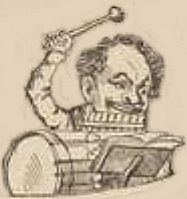England: Over one century of the panpipes and tabor
Pandean pipes history - Regency (1790 - 1829)
The majority are extracts from larger pictures and prints. Links to originals are given, where possible. If you have any more information on any of these images, or you are the copyright holder and I have not managed to get in touch with you, please do let me know.
|
|||||||||||||||||||
|
|||||||||||||||||||
Pandean Pipes - Regency |
|||||||||||||||||||
1895 Grove's Dictionary of Music: entry for Pandean Pipe |
|||||||||||||||||||
Both women and men are shown in Regency illustrations playing the pan-pipes and drum; the drum is played horizontally or vertically. Pan-pipes were also known as pandean pipes, chin-straps or mouth-organ. |
A set of pan pipes dated to the late 18th century is in the Science Museum. | ||||||||||||||||||
Pan-pipe and drum were played by individual entertainers and were also part of a band. |
|||||||||||||||||||
| Pandean Musicians | |||||||||||||||||||
1801 Royalty Theatre, Wells Street, Goodman’s Fields Morning Chronicle - Monday 16 March 1801 |
James Saggiani's household accounts, Gloucestershire, include "pan pipes for the regiment" (Gloucestershire Archives D2700/RA2/1/21 1798-1801). |
||||||||||||||||||
1803 Birmingham concert  A Century of Birmingham Life
Vol. II by John Alfred Langford · 2022 A Century of Birmingham Life
Vol. II by John Alfred Langford · 2022 |
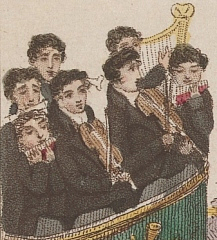 1816 mixed band 1816 mixed band |
||||||||||||||||||
1803 Newspaper advertisement:  Hull Advertiser - Saturday 09 July 1803 Hull Advertiser - Saturday 09 July 1803 |
At the time it was called a pandean pipe whether or not it was accompanied by a drum. | ||||||||||||||||||
1805 ‘The Infant Mania’ |
|||||||||||||||||||
1807 at Astley’s Olympic Pavilion, Newcastle Street, Strand, London Morning Chronicle - Tuesday 10 March 1807 Morning Chronicle - Tuesday 10 March 1807 |
|||||||||||||||||||
1807 at Drury Lane Theatre:  British Press - Monday 01 June 1807 British Press - Monday 01 June 1807 |
|||||||||||||||||||
1812 Police Report, London 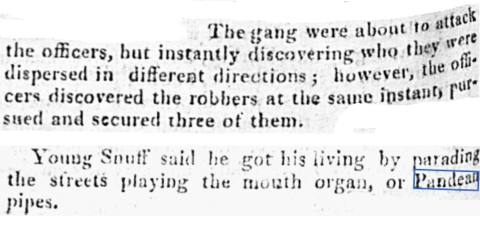 Saint James's Chronicle - Saturday 14 November 1812 Saint James's Chronicle - Saturday 14 November 1812 |
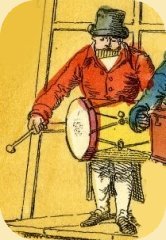 outside show musicians 1812 outside show musicians 1812 |
||||||||||||||||||
1813 at the Olympic Circus:  advertised in the Liverpool Mercury - Friday 01 January 1813 advertised in the Liverpool Mercury - Friday 01 January 1813 |
more on the life of
|
||||||||||||||||||
In 1813 a grand concert was held in a theatre in Newcastle at which an Italian gentleman, Signor Rivolta, "exhibited his wonderful performance" on the pandean pipes, tabor, Spanish guitar, triangle, harmonica, Chinese crescent, cymbals and bass drum: he played them all at once. Iin 1820 at the Peale Museum in Philadelphia, USA, when 'Signor Helene and his Pandean Band' performed he played on his 5 different instruments at the same time. These included the Italian viola, Pandean pipes, Chinese bells, Turkish cymbals, and tenor drum; during performances he also imitated a mockingbird and a canary with his voice .'Building Little Italy, Philadelphia's Italians before Mass Migration' by Richard N. page 70, Juliani Pennsylvania State University Press, |
|||||||||||||||||||
1814 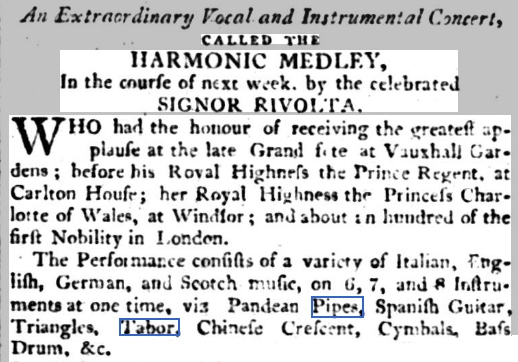 Inverness Journal and Northern Advertiser - Friday 11 February 1814 Inverness Journal and Northern Advertiser - Friday 11 February 1814 |
|||||||||||||||||||
1814 A concert:  Chester Courant - Tuesday 01 November 1814 Chester Courant - Tuesday 01 November 1814 |
|||||||||||||||||||
1816 Middlesex Sessions report:  Public Ledger and Daily Advertiser - Thursday 31 October 1816 Public Ledger and Daily Advertiser - Thursday 31 October 1816 |
|||||||||||||||||||
The panpipe and drum player was loud, which was useful at outdoor events such as fairs, races, street processions and celebrations. 1810 ‘Croydon Fair, I paid a visit to that scene of jollity induced by the fineness of the weather, and :that natural desire -which I possess - to see the humbler classes of society happy, ... I would have proceeded, notwithstanding the sneers of my auditors, if an accursed Pandean Minstrel had not struck up the famous Paphian melody of “Stoney Batter.” |
|||||||||||||||||||
1818 Maidstone Michaelmas Fair |
|
||||||||||||||||||
In 1819 a man was beaten up and robbed at a fair in Hampstead, London.
|
|||||||||||||||||||
1819 A meeting was held in the Finsbury market-place and the people processed down the street.  Hampshire Chronicle - Monday 08 November 1819 Hampshire Chronicle - Monday 08 November 1819 |
|||||||||||||||||||
1819 " having inherited the musical taste and talents of his father, he has bitten the whole school with the mania. He is a great hand at beating a drum, which is often heard rumbling from the rear of the school-house. He is teaching half the boys of the village, also, to play the fife, and the pandean pipes; and they weary the whole neighbourhood with their vague piping, as they sit perched on stiles, or loitering about the barn-doors in the evenings." 'Bracebridge Hall or The Humorists' by Washington Irving [pseudonym Geoffrey Crayon] (1783-1859), American essayist, historian, and author who spent some years doing the Grand Tour in Europe. |
|||||||||||||||||||
In 1820 at the Peale Museum in Philadelphia, USA, when 'Signor Helene and his Pandean Band' a single performer did play on his 5 different instruments at the same time. These included the Italian viola, Pandean pipes, Chinese bells, Turkish cymbals, and tenor drum; during performances he also imitated a mockingbird and a canary with his voice. 'Building Little Italy, Philadelphia's Italians before Mass Migration' by Richard N. page 70, Juliani Pennsylvania State University Press |
|||||||||||||||||||
1822 Newspaper report: "Yesterday a company of blind itinerant Musicians, consisting of a clarionet, two violins, and bass viol, were performing in Albemarle Street, Piccadilly, some of the choicest pieces of modern music, in a style which drew together a very numerous audience. In the midst of this delightful harmony an evil genius suddenly appeared in the person of another member of the profession ; who, jealous of the applause his brethren bad obtained, or envious of the harvest they were reaping from their exertions, exerted himself so successfully with a drum and pandean pipes as to stifle in the birth the soul-enlivening notes from the silver toned cremonas. The little band for a short time endured the discord the vile pandean occasioned with the most philosophic forbearance; but finding all their endeavours to be heard completely ineffectual were compelled to desist ,expecting their opponent would immediately discontinue his annoyance. But in this they were disappointed ; the fellow still kept up the most astounding noise with his drum, to the infinite amusement of the bystanders and chagrin of the little band who manifested their displeasure in rather uncourtly terms. Still the provoking pandean was not to be silenced. He continued blowing and thumping, till he was black in the face, without once deigning to notice his enraged brethren. The little band apparently unwilling to yield, and puzzled how to proceed, held a council of war, in which it was resolved to ascertain, who could play longest. The clarionet immediately struck hp, followed by the violins and grumbling bass viol. The full blown cheeks of the former presented an amusing contrast with the lank visage of the Pandean, and the contest was for some time severe and doubtful. The latter, however, who from the commencement had allowed himself but little or no breathing time, began to exhibit evident symptoms of 'exhaustion and ultimately was compelled to cease. The triumph of the little party was, however, but of short duration foe the fellow who appeared to recollect that though short of breath, he had not lost the use of his arms, commenced a solo on the drum which he belaboured so unmercifully as to compel the luckless fiddlers to put up their fiddle-sticks in despair.. A short pause ensued, which was but the prelude to a storm. — The little party, enraged beyond measure at the opposition they had experienced sent forth a volley of abuse which quite overwhelmed their opponent. Four to one, he observed, with the most provoking sang froid, was a fearful odds, and again had recourse to his drum, with which he kept up such a clatter, as completely silenced, and ultimately drove his antagonists from the field. We understand the poor fiddlers, in the course of their peregrinations, had entered the street in question, and had been pretty successful in drawing the loose pence from the pockets of their hearers. The Pandean, who had for some time enjoyed the exclusive right of playing in this street, viewed this unconscious invasion of the blind men as a direct attack on his privilege, and formed the resolution on which he ultimately succeeded to drum ',em out." Constitution (London) - Sunday 20 January 1822
A street puppet theatre came along the road in 1825:
|
|||||||||||||||||||
|
|||||||||||||||||||
Henry Mayhew (1812 - 1887) was a social researcher, journalist, playwright and advocate of reform published 'London Labour and the London Poor' in 1851. This was a groundbreaking and influential survey of the poor of London"
|
|||||||||||||||||||
| Pandean Band | |||||||||||||||||||
1803 Theatre in Dublin, 1745-1820 A Calendar of Performances · Volume 5 by John C. Greene · 2011 |
|||||||||||||||||||
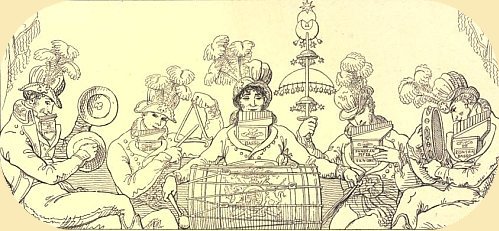 Pandean Minstrels at Vauxhall Gardens 1806 Pandean Minstrels at Vauxhall Gardens 1806(The Encyclopaedia of Musical Instruments, ed. R Dearling, 1996) (in colour here) |
|||||||||||||||||||
“…The Pandean Minstrels were a professional band that played at London's popular Vauxhall Gardens (and elsewhere) from around 1801 …The minstrels were best known for performing at Vauxhall but were also regular performers at the The Pantheon assembly rooms and at society balls.." |
|||||||||||||||||||
1804 Newspaper report: Morning Post - Monday 18 June 1804 Morning Post - Monday 18 June 1804 |
|||||||||||||||||||
1804 Newspaper advertisement 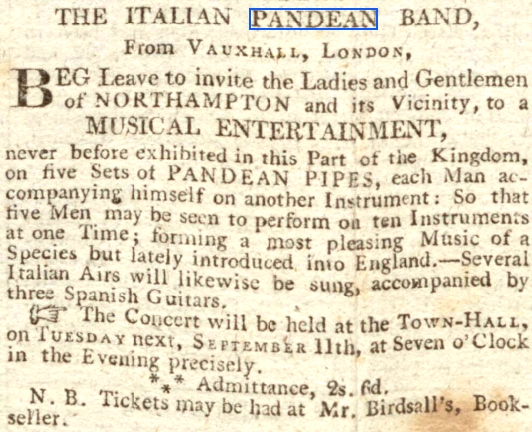 Northampton Mercury - Saturday 08 September 1804 Northampton Mercury - Saturday 08 September 1804 |
|||||||||||||||||||
1804 Newspaper report: 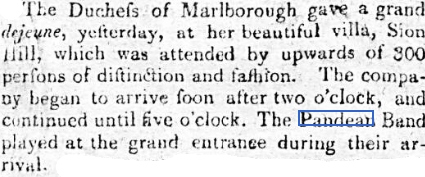 General Evening Post - Saturday 23 June 1804 General Evening Post - Saturday 23 June 1804 |
|||||||||||||||||||
1804 Newspaper report:  Caledonian Mercury - Saturday 15 December 1804 Caledonian Mercury - Saturday 15 December 1804 |
|||||||||||||||||||
1804 Caledonian Mercury - Thursday 27 December 1804 Caledonian Mercury - Thursday 27 December 1804 |
|||||||||||||||||||
1805 advertsiment |
.
|
||||||||||||||||||
1805 Mrs Lambert’s Fete at Harrow Oracle and the Daily Advertiser - Thursday 30 May 1805 |
|||||||||||||||||||
1805 advertisement: 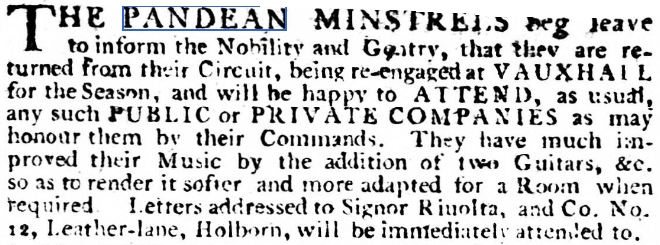 Morning Post - Monday 03 June 1805 Morning Post - Monday 03 June 1805 |
|||||||||||||||||||
1805 At Vauxhall a Fete in honour of His Majesty's Birthday |
In April 1805 a troupe of pandean minstrels appeared in Dublin for a series of concerts after plays were performed. | ||||||||||||||||||
1805 Mrs Coke’s Masquerade
‘None of the company appeared more happy than a Royal groupe, consisting of Her Royal Highness the DUT'CHESS of YORK, and the Dukes of CUMBERLAND arid CAMBRIDGE. Their Royal 'Highnesses wore dominos ; that. of Her Royal Highness was blue. As they entered the house the Pandean Band played God Save the King.' Sun (London) - Friday 14 June 1805 |
|||||||||||||||||||
1805 Oracle and the Daily Advertiser - Thursday 06 June 1805 Oracle and the Daily Advertiser - Thursday 06 June 1805 |
|||||||||||||||||||
1805 Lady Louise Manner’s Grand Masquerade |
|||||||||||||||||||
| 1805 ‘Mrs. Forsyth's second Concert and Supper took place at Pyrmont-House, near Broadstairs,’ Kent  Morning Post - Wednesday 02 October 1805 Morning Post - Wednesday 02 October 1805 |
|||||||||||||||||||
1806 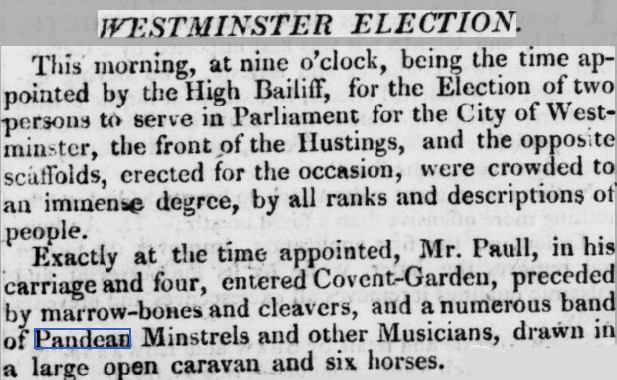 |
|||||||||||||||||||
1806 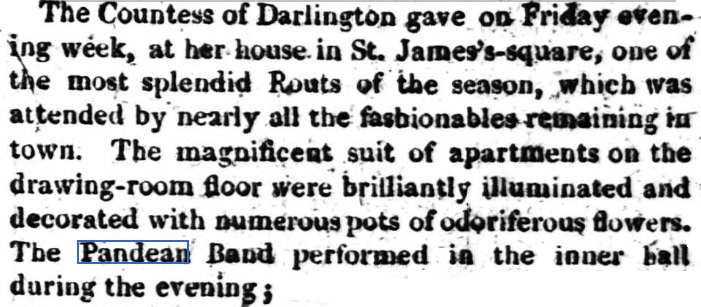 York Herald - Saturday 28 June 1806 York Herald - Saturday 28 June 1806 |
|||||||||||||||||||
1806 New Royal Circus, St. George’s Fields Morning Advertiser - Monday 21 July 1806 Morning Advertiser - Monday 21 July 1806 |
|||||||||||||||||||
1806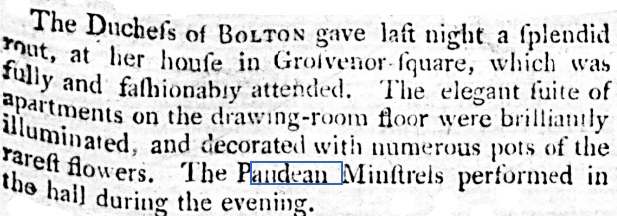 Morning Herald (London) - Thursday 19 June 1806 Morning Herald (London) - Thursday 19 June 1806 |
|||||||||||||||||||
1806 ‘Miscellaneous Intelligence Domestic’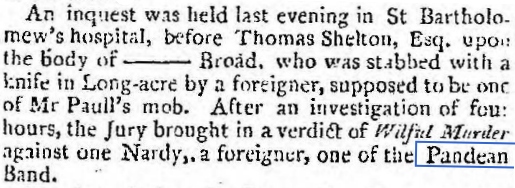 Aberdeen Press and Journal - Wednesday 19 November 1806 Aberdeen Press and Journal - Wednesday 19 November 1806 |
|||||||||||||||||||
1806 Chester Chronicle - Friday 18 July 1806 |
|||||||||||||||||||
1807 at the Royal Amphitheatre, Westminster Morning Advertiser - Monday 30 March 1807 Morning Advertiser - Monday 30 March 1807 |
|||||||||||||||||||
1807 newspaper advertisement: 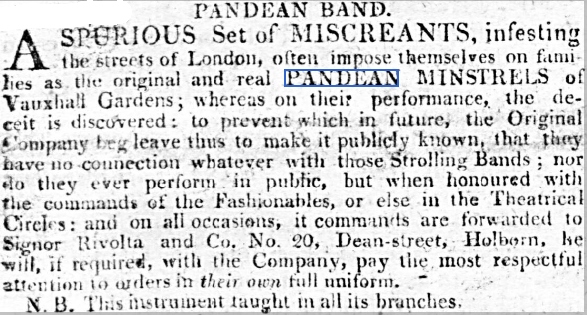 Morning Post - Tuesday 26 May 1807 Morning Post - Tuesday 26 May 1807 |
|||||||||||||||||||
1807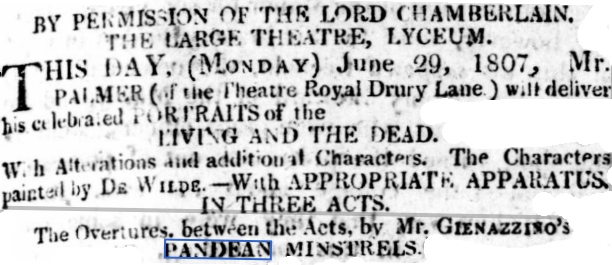 Morning Advertiser - Monday 29 June 1807 Morning Advertiser - Monday 29 June 1807 |
|||||||||||||||||||
1807 The Countess Spencer’s Fete Champetre, Wimbledon Morning Post - Monday 06 July 1807 Morning Post - Monday 06 July 1807 |
|||||||||||||||||||
1807 Mrs Coke, Hanover Square, opened her house to her friends. British Press - Wednesday 08 July 1807 British Press - Wednesday 08 July 1807 |
|||||||||||||||||||
1807 Ball  Morning Post - Monday 13 July 1807 Morning Post - Monday 13 July 1807 |
|||||||||||||||||||
1807 Rout  Morning Post - Thursday 16 July 1807 Morning Post - Thursday 16 July 1807 |
|||||||||||||||||||
1807 Fete |
|||||||||||||||||||
1807 ‘THE FIRST VISIT TO VAUXHALL GARDENS.’ “…I next directed my course to where the charming airs of the Pandean minstrels invited me. These performers were seated in .a kind of circus or pavilion, richly decorated with arms and standards…” Sporting Magazine |
|||||||||||||||||||
'A Selection of Balls from 1808' The Pandean Minstrels" were at the height of their fame by 1808. The Morning Chronicle newspaper for the 10th of February 1808 noted of a ball at the Pantheon that “The Vauxhall Pandeans, in their Polish dress, a military band in full uniform, with Gow's famous Scotch band, are engaged to play the whole evening.” …A theatrical performance was advertised later that year (Daily Advertiser, 8th of March 1808) at which “The Vauxhall famous Pandean Musicians are engaged to play between the Acts”; Lady Heathcote held a ball (Morning Herald, 18th of May 1808) at which “The Pandean Band performed in the inner hall as the company entered”, and it was reported of a royal ball (National Register, 21st of August 1808) that the “Pandeans from Vauxhall being introduced after dinner, the juvenile part of the company were gratified by a rustic ball…” |
|||||||||||||||||||
1813 Prince Regent's Gala  Anti-Gallican Monitor - Sunday 11 July 1813 Anti-Gallican Monitor - Sunday 11 July 1813 |
|||||||||||||||||||
| [Similar entries can be found in the British Newspaper Archives] Towns other than London boasted similar events with Pandean Bands and individuals playing at private and public functions such as in Lancaster, Hereford, Dublin, Shrewsbury, Cheltenham and Liverpool |
|||||||||||||||||||
1820 A pandean band 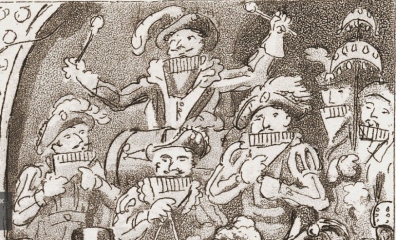 Illustration to Pierce Egan's Life in London, page 193 Illustration to Pierce Egan's Life in London, page 193 |
|||||||||||||||||||
| Pandean Music | ' As pandean pipes became more fashionable in the middle and upper classes, music books with arrangements especially for the pandean pipes were printed, such as 1810 'Third Book of Pandean Music |
||||||||||||||||||
1805 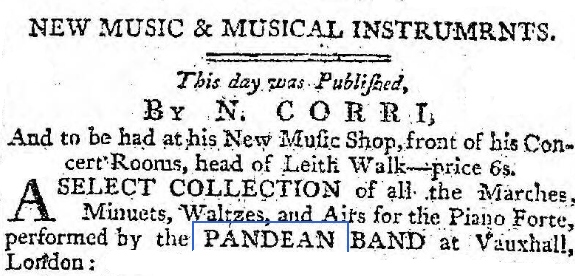 Caledonian Mercury - Monday 01 April 1805 Caledonian Mercury - Monday 01 April 1805 |
|||||||||||||||||||
1807  Caledonian Mercury - Saturday 18 April 1807 Caledonian Mercury - Saturday 18 April 1807 |
Dances and dance tunes were named after them: 1791 'Vauxhall Saloon. A Pandean Dance' 'The Pandean Dance or Lord Wellington' published in 'Hime's Dances for 1812'.
New tunes had 'pandean' in the title, such as in 'The Joseph Kershaw Manuscript; the music of a 19th century Saddleworth Fiddle Player' (begun in 1820). |
||||||||||||||||||
1809 Morning Post - Monday 10 October 1808 Morning Post - Monday 10 October 1808 |
|||||||||||||||||||
1823 Coroner’s Inquest Morning Advertiser - Friday 03 October 1823 Morning Advertiser - Friday 03 October 1823 |
|||||||||||||||||||
A popular operatic work composed by James Hook (1746-1827) in 1806 was called Tekeli: "The instructions for the English country dances Tekeli and the Pandean Dance |
|||||||||||||||||||
playing for dancing |
|||||||||||||||||||
1807 Grand Masquerade at the
Pantheon  Morning Herald (London) - Wednesday 29 April 1807 Morning Herald (London) - Wednesday 29 April 1807 |
|||||||||||||||||||
1814 The River Thames, London, froze over and a fair grew up on the ice: 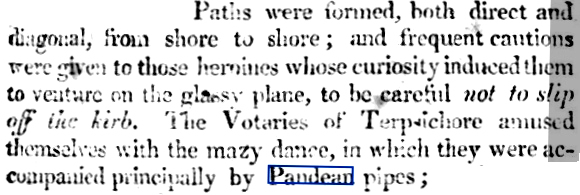 |
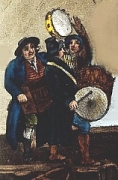 The Frost Fair of 1814 The Frost Fair of 1814 by Luke Clenell (detail) |
||||||||||||||||||
In 1816 celebrations for the Prince Regent's birthday in Barnstaple included "a rustic dance, accompanied by pandean pipes, clarionets, and tamborines". |
|||||||||||||||||||
1819 pandean pipes in Australia: “The Queen's Birthday Ball, 23 January 1819 The Sydney Gazette, and New South Wales Advertiser Saturday, 23 January 1819 quoted in The First Fleet Piano: Volume One A Musician’s View · Volume 1 by Geoffrey Lancaster ·chapter 8 page 433, 2013 |
|||||||||||||||||||
|
|||||||||||||||||||
top of page
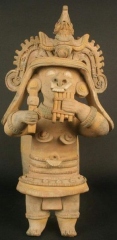
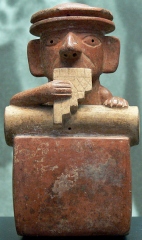
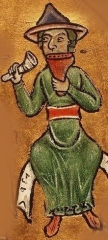 manuscript, panpipes
manuscript, panpipes 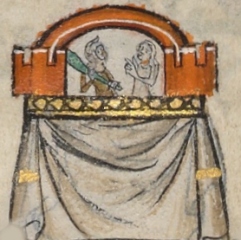
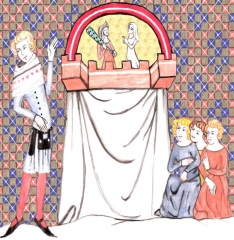
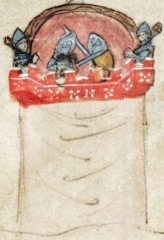
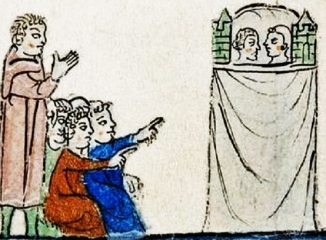

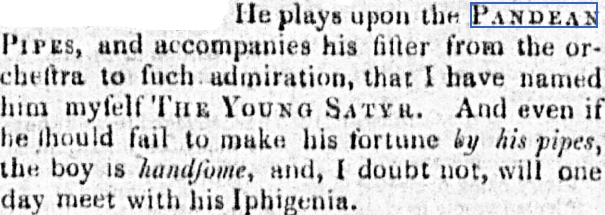 General Evening Post - Saturday 14 December 1805
General Evening Post - Saturday 14 December 1805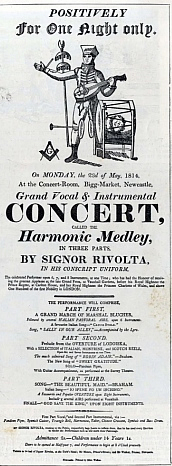
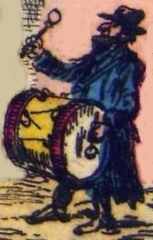
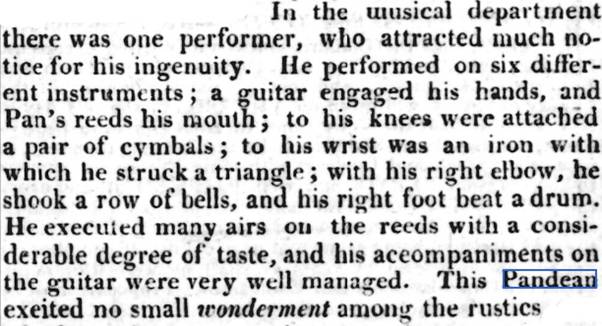 Morning Advertiser - Thursday 22 October 1818
Morning Advertiser - Thursday 22 October 1818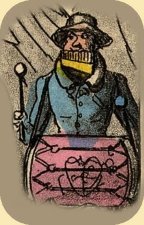
 Morning Advertiser - Tuesday 11 February 1823
Morning Advertiser - Tuesday 11 February 1823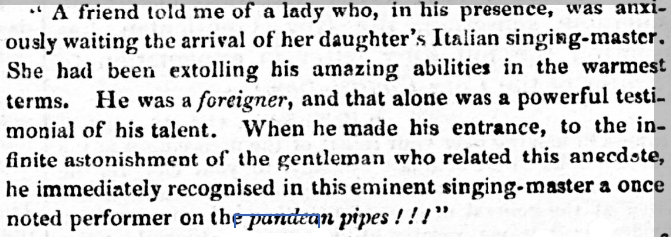 New Times (London) - Thursday 23 October 1823
New Times (London) - Thursday 23 October 1823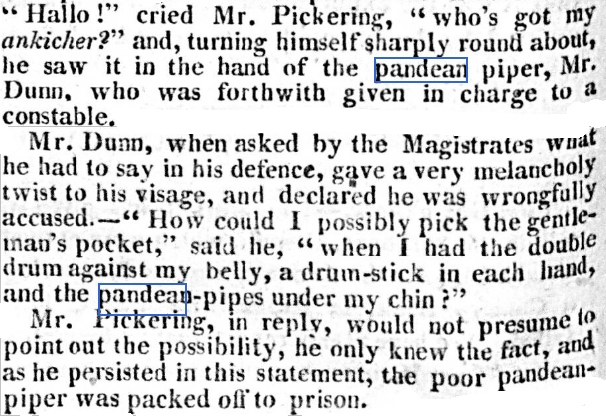 Fleming's Weekly Express - Sunday 12 March 1826
Fleming's Weekly Express - Sunday 12 March 1826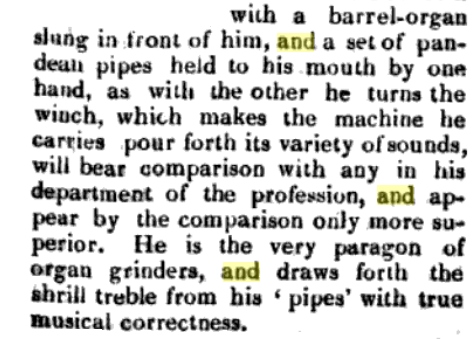

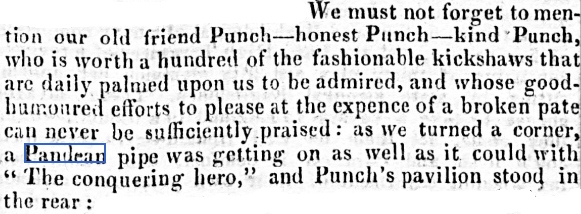
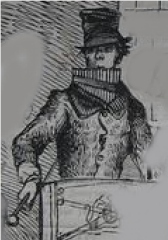
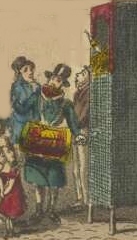
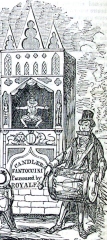
 Morning Post - Wednesday 01 May 1805
Morning Post - Wednesday 01 May 1805 London Courier and Evening Gazette - Friday 07 June 1805
London Courier and Evening Gazette - Friday 07 June 1805 Oracle and the Daily Advertiser - Friday 19 July 1805
Oracle and the Daily Advertiser - Friday 19 July 1805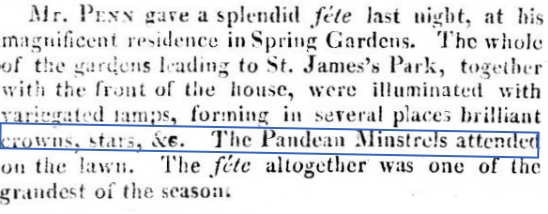 Morning Post - Friday 31 July 1807
Morning Post - Friday 31 July 1807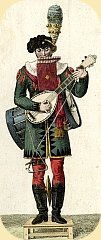
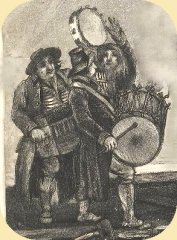
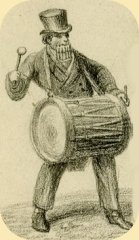
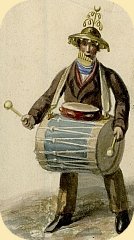
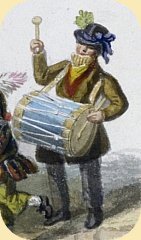
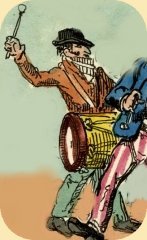

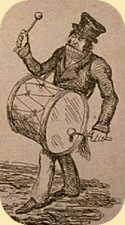
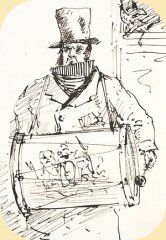
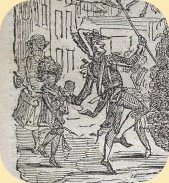
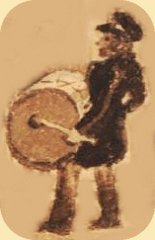
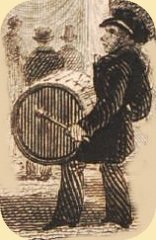
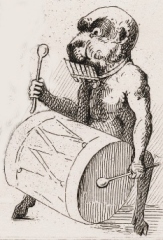
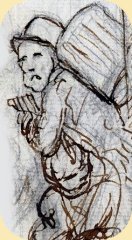
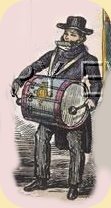
 at a fair
at a fair 